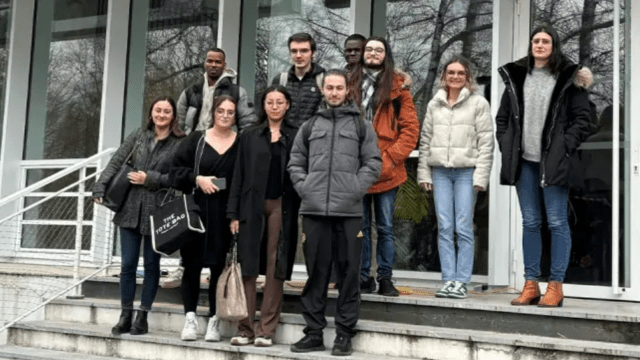UPPA and GRIF, technology from TotalEnergies: A rewarding collaboration to train tomorrow's engineers
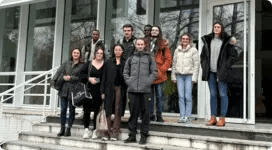
The Université de Pau et des Pays de l'Adour (UPPA) and TotalEnergies, and more specifically the Centre Scientifique de Jean Feger in Pau, have been working together for several years to train students in the "Stochastic and Computational Methods for Decision-making" (MSID) course of the "Mathematics and Applications" master's degree.
In particular, this partnership takes the form of a specific teaching unit on the tools of Dependability (SoTL) which is offered as part of the master's program. This enables students to familiarize themselves with the GRIF software suite, developed within TotalEnergies since the 80s and used in numerous companies in France and abroad. It also enables them to develop very specific skills sought after by recruiters in the field of Reliability and SoTL.
Let's take a look back at this collaboration through a Q&A session with the head of the second year of the Master's program and some of the students.
 What is the MSID Master's program ?
What is the MSID Master's program ?
The Stochastic Methods and Decision Informatics (MSID) course in the Master of Mathematics and Applications offers cutting-edge training in statistical analysis, decision informatics and stochastic modeling, as well as in the associated IT tools.
The course offers the opportunity to specialize in industrial quality and operational safety, or in data mining and risk analysis. This type of skill leads to careers such as engineer or research manager in statistics or business intelligence (all sectors of activity), as well as specialists in quality control or operational safety.
The MSID pathway also offers a research orientation that can lead to a thesis and employment as a research and development engineer in industry, or as a teacher-researcher or researcher in academia. In addition to its scientific content, the course also enables students to familiarize themselves with the business world, through internships, project management courses and lectures by professionals.
Questions & Answers:
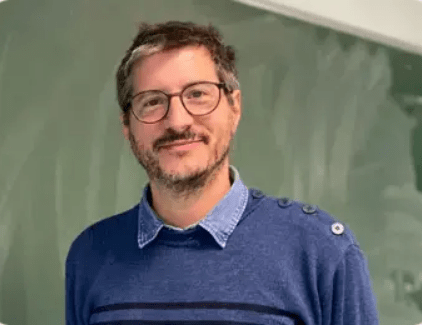
Who are you?
Christian Paroissin (C.P.): I'm a lecturer in applied mathematics at the Université de Pau et des Pays de l'Adour. I've been in charge of the second year of the "Méthodes Stochastiques et Informatiques pour la Décision" (MSID) course in the "Mathématiques et Applications" master's program since 2008.
What feedback do you get from your students?
C.P.: The students are very satisfied with this collaboration. They appreciate being able to apply theory to practice and develop their skills using a professional tool.
How long have you been working with TotalEnergies?
C.P. : The collaboration began gradually. First, a few hours were allocated to the GRIF software, then we felt the need to delve deeper into the subject, and TotalEnergies offered us the possibility of bringing in professionals to train our students.
It's largely thanks to Maïder Estecahandy, a former Master's student herself, that this was possible. This enables us to offer our students high-quality training on a tool in the field of reliability and dependability.
"We felt the need to look into this further and TotalEnergies offered us the opportunity to bring in professionals to train our students."
How did this collaboration (training) come about?
C.P.: In terms of training, the collaboration between UPPA and TotalEnergies began around 4 years ago. It has grown steadily over the years, notably through the creation of a teaching unit dedicated to the tools of operational safety. On the research front, cooperation began over 10 years ago, with thesis supervision and collaborative research contracts.
Student testimonials
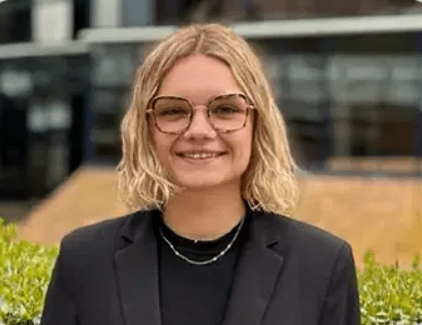 Léa Lignier (MSID graduate)
Léa Lignier (MSID graduate)
"It opens up new professional horizons for me, particularly in the field of operational safety. It's not something I'd imagined before. Even if my profile is more oriented towards data science, thanks to this training, I'm now working in a field I hadn't even considered. GRIF's software courses are a real asset in broadening our professional opportunities in the field of operational security. After a first experience in IT, working in reliability at the end of my studies was not necessarily what I had envisaged. In the end, I found myself drawn into this very interesting field, thanks to the knowledge I was able to acquire directly from professionals."
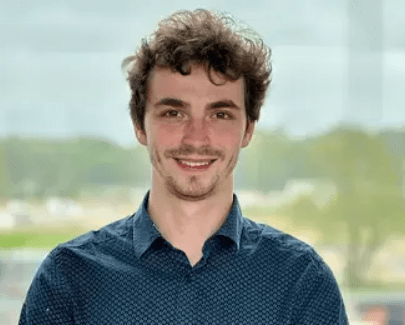 Baptiste Bougoüin (MSID graduate)
Baptiste Bougoüin (MSID graduate)
"This course stands out from the others firstly because it is taught by Maïder Estécahandy, a reliability engineer at TotalEnergies. When you're a student with few years of professional experience, it's a great opportunity to meet a teacher who has first-hand experience of the applications and needs of major manufacturers in this field. It's also an opportunity to discover a core business that is essential, yet little represented in our daily lives."
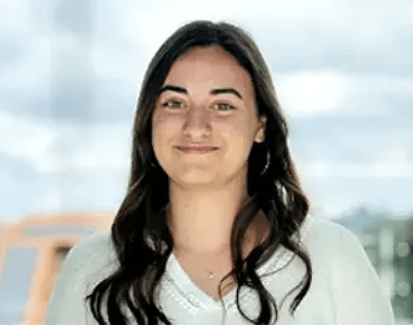
Pauline Bason (currently an MSID student)
"This course provides a link between the theoretical aspect of operational safety seen in other Master's courses and the practical aspect found in companies. In this way, we discover what is at stake in reliability analysis for manufacturers."
What benefits do you see in this collaboration?
"It enables students to acquire the skills sought after by recruiters in the field of reliability and dependability, to familiarise themselves with a key software suite in this field, and to develop their practical skills using a professional tool."
Christian Paroissin
The CSTJF, a key player in the UPPA-TotalEnergies collaboration
Why this remarkable collaboration between the Université de Pau et des Pays de l'Adour (UPPA) and TotalEnergies? Because it mobilizes the engineers and researchers of the Centre Scientifique et Technique Jean Féger (CSTJF) located in Pau (64). Relations between the teams at UPPA and those at TotalEnergies' Béarn site have been close for many years. Indeed, TotalEnergies places the support of young people at the heart of its priorities.
As a leader in innovation in the energy field, the CSTJF's expertise and skills are internationally recognized, and contribute fully to TotalEnergies' ambition to become a multi-energy company. It draws on its long-standing expertise in oil & gas activities, and boasts first-rate resources and tools, such as the Pangea supercomputer and a dozen cutting-edge laboratories.
Firmly rooted in its local area, with which it shares a long human and industrial history, the Group is keen to act as a partner in its sustainable growth, and to forge quality links with its local partners. The participation of its employees in the training of MSID Master's students is a prime example of this.
The collaboration between UPPA and TotalEnergies is very positive. It enables MSID Master's students to develop the skills that recruiters are looking for, and to familiarize themselves with an essential software suite in the field of reliability and SoTL. It is also a source of pride for TotalEnergies, which is contributing to the training of future talent.

Comments0
Please log in to see or add a comment
Suggested Articles


